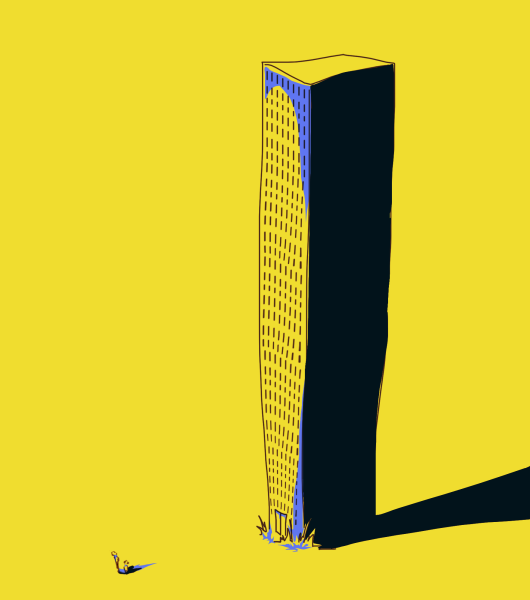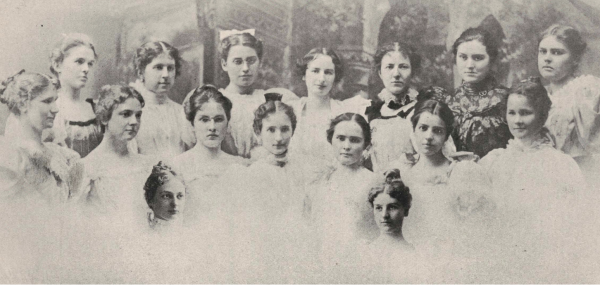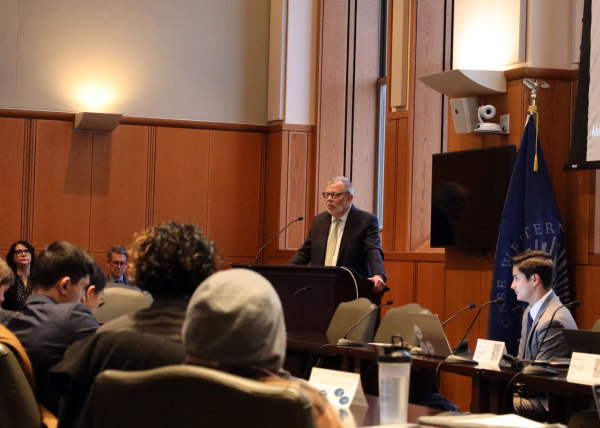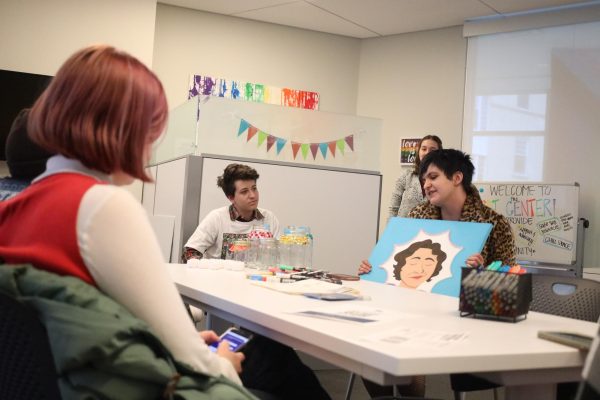Room condition reports go paperless
Students who live on campus have become familiar with the written Room Condition Report (RCR), but this year, the RCR is beginning its transition to the twenty-first century and going online.
Students are required to submit RCRs at the beginning of their occupancy, to note items that were broken or missing before their arrival and report them to University Housing. This process ensures that students will not be charged for damage that they didn’t cause when they check out.
“The Room Condition Reports were switched to online to make the process more efficient,” said Assistant Vice President of Campus Services, Allison Heuring. “The online system should make the [process] more accurate…[with] the same standards as the paper process.”
A Resident Assistant (RA) for the Mistletoe Residential College, Kaitlin Pataroque, explained that residents do not personally fill out the RCRs anymore.
“The residents couldn’t edit them directly,” said Pataroque, “but would email me with any quality issues that I’d change on the form for them. Afterwards, I would edit the form and save it. Then the residents would accept the form.”
Rohan Desai is a first-year student, and though he has no experience with the paper RCR, he likes the online system. The one issue he finds with it is that it’s not as noticeable as having a piece of paper lying on your desk when you first walk in your room, which was the case in previous years.
“The online room condition reports seem pretty effective,” said Desai. “If everything is in good working condition, it only takes a few minutes to file, and even if something is damaged there is a clear and easy way to have things reported. My only concern is that it was a bit hard to find, but my RA helped us out by emailing us the link.”
Pataroque noted that the transformation has its pros and cons. She pointed out that the written RCRs were good for the start-of-residency reports, but the online procedure would be better for checking out. She also expects the online process to improve in the future, as the room condition issues for a specific room will carry on to the following years.
“This is my second year as an RA for the First-Year Experience,” said Pataroque, “and the paper inventories seemed to be a good process for reporting issues at the beginning of the year, but I think that this online system will really help smooth the check-out process for the end of the year…now that the initial quality issues have been reported, the hope is that these issues will be the default for next year.”
Second-year student Florence Bian has mixed feelings about the change.
“It’s a more convenient, quicker and more efficient way to report,” Bian said. But she is concerned that the online process may lack formality.
“I’m worried that there might be something I neglected [to report] and got charged for. Paperwork raises more responsibility, and online work is treated more like a daily issue since we’re used to working on laptops.”
Pataroque said students don’t need to worry about filling the form wrong, because “RAs would also check the room with the residents to help aid them with the RCR.”
However, the RAs’ actions may vary, as Bian pointed out that her RA did not help her with checking her room.
First-year student Steven Nyeo thinks his communication with his RA on GroupMe is quite effective, and he is pleased with the online system. Like Bian, he is also slightly concerned with the charge, and he would like the process to be more negotiable.
“I would prefer the online reporting process [to the written one],” Nyeo said, “But probably with a privilege to follow up… I hope the appealing process could be more approachable.”
Heuring says that the rollout of the online RCR has gone as expected, and that more changes are still to come. The next phase in the process will add the ability for students to upload photos to the report.













